Dhaka, Aug 31 (V7N) - In the past 24 hours, four more people have died from dengue fever in Bangladesh, as the country continues to face a surge in cases across multiple divisions, according to a press release from the Health Emergency Operation Center and Control Room of the Directorate General of Health Services (DGHS).
A total of 568 new dengue patients have been admitted to hospitals across Bangladesh in the last 24 hours. Among them, the regional distribution is as follows: 110 in Barisal Division, 93 in Chattogram Division, 114 in Dhaka Division, 67 in Dhaka North City Corporation, 82 in Dhaka South City Corporation, 42 in Khulna Division, 16 in Mymensingh Division, 39 in Rajshahi Division, and 3 in Sylhet Division.
According to DGHS data, 31,476 people have been hospitalized due to dengue fever so far in 2025. Monthly breakdowns show 1,161 admissions in January, 374 in February, 336 in March, 701 in April, 1,773 in May, 5,951 in June, 10,684 in July, and 10,496 in August up to the 31st.
The total number of dengue-related deaths this year has reached 122. The monthly death toll includes 10 in January, 3 in February, 7 in April, 3 in May, 19 in June, 41 in July, and 39 in August so far.
Historically, Bangladesh witnessed its highest annual dengue caseload in 2023, with 321,179 hospital admissions. In comparison, 101,211 people were hospitalized in 2024, 62,382 in 2022, 28,429 in 2021, 1,405 in 2020, and 101,354 in 2019.
Health officials continue to urge citizens to take preventive measures against mosquito bites, especially during the monsoon season when Aedes mosquitoes — the primary vector of the dengue virus — breed in stagnant water. Public awareness campaigns are also being intensified in urban and rural areas to mitigate further spread of the disease.
Despite efforts from city corporations and health authorities, the persistent rise in dengue cases highlights the pressing need for a coordinated national strategy, improved waste management, and enhanced healthcare infrastructure to effectively combat vector-borne diseases.
END/AHM/SMA/



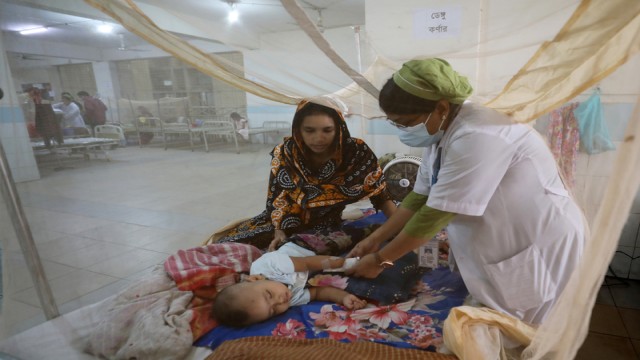

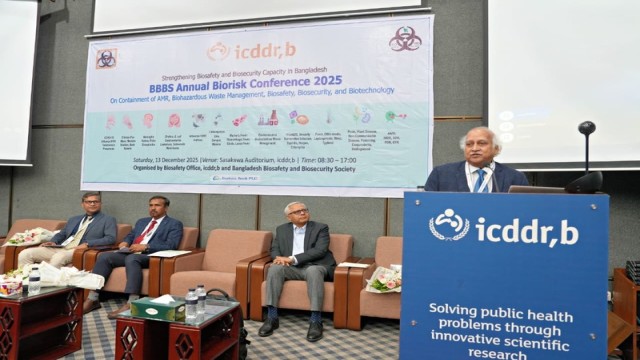
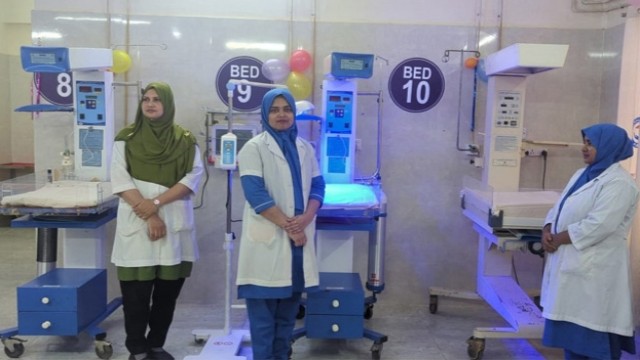
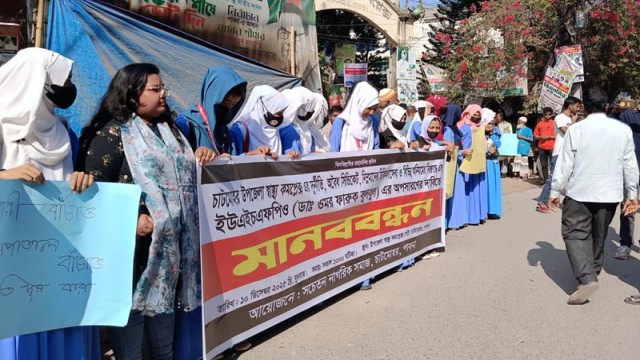
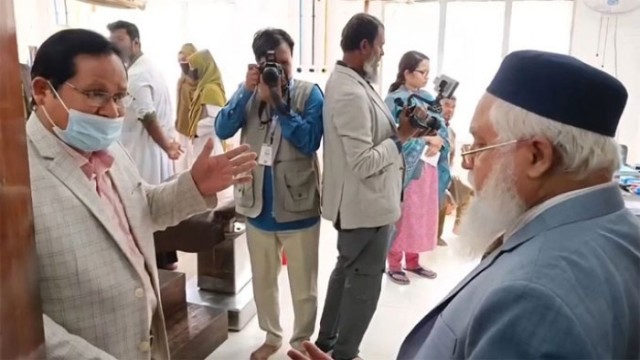
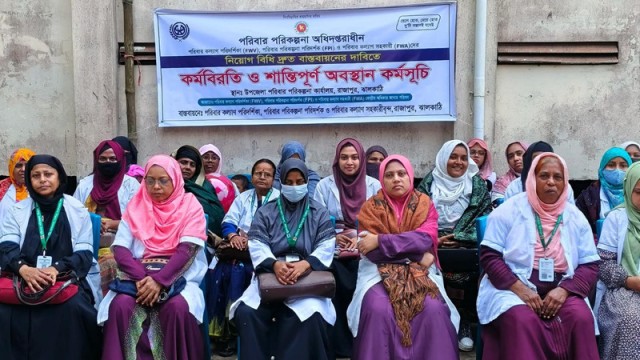





















Comment: